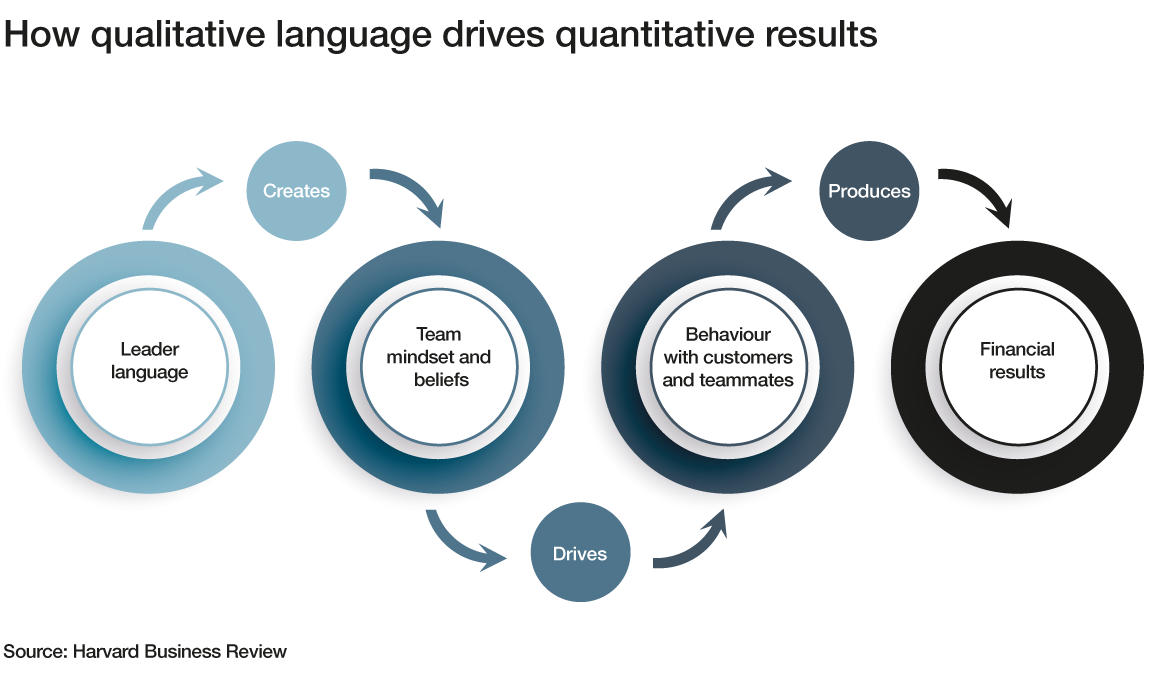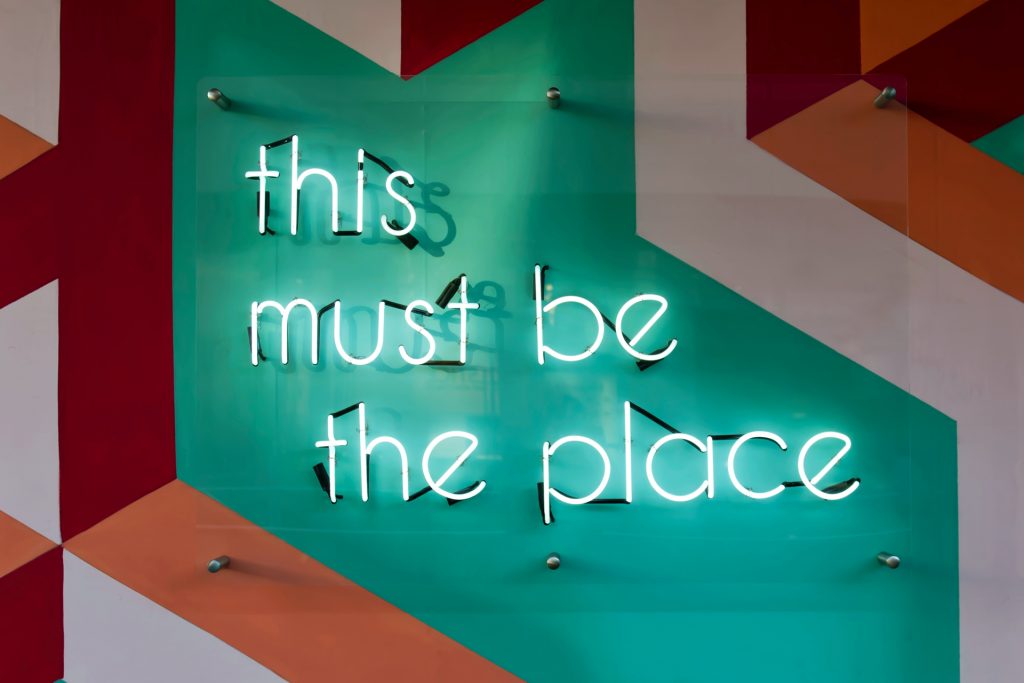Last month, the UK chairman of KPMG stepped down, following an outcry over comments he made at a virtual meeting where he dismissed staff concerns about stress during the Covid-19 pandemic. He suggested that consultants ‘stop moaning’ and ‘playing the victim card’. Announcing his resignation, Bill Michael said he was ‘truly sorry’ that his ‘words had caused hurt amongst colleagues’.
Knowing your audience is essential. Words matter. Language shapes the way people think. What your team thinks, feels and believes about your organisation and their value in it, drives their behaviour. Their behaviour can determine your business’s success. Effective internal, as well as external communications, lie at the heart of any successful organisation. This is one of the reasons why I entered the world of PR – along with thinking PR would be like Samantha Jones’ life in “Sex and the City”.
Recent research published in the Edelman Trust Barometer shows that distrust in senior leadership is rife across companies in the UK. Good leaders can’t operate within a vacuum – this erodes employee morale, is counterproductive and undermines long-term growth. Communications can play a crucial role in establishing the culture of an organisation, bringing employees together to achieve a common purpose, and creating trust.
Building a trusted and inclusive work environment is vital and there is a need for company culture to transcend physical space today; so how do you create trust digitally? It is important for empathy to become one of the centrepieces of your leadership narrative.
As the Financial Times notes Bill Michael’s abrasive style and unfortunate departure has stained an otherwise stellar career – his language was ‘out of step with the efforts being made within the City to create a more inclusive environment’.
This suggests that embracing a considerate or empathetic approach might have been more effective. For instance, leaders who reinforce the significance of every team member’s contribution when they communicate, are more likely to build belief within the organisation. Management who are accessible to the team can help to form supportive relationships and a respectful environment, where staff feel seen, heard and valued. This can encourage employee well-being and create the conditions for talent to stay, remain engaged and motivated.
Motivated employees who believe in your company and vision will be more productive. Your employees are your internal customers. Make them your biggest advocates.
Herb Kelleher, co-founder of Southwest Airlines, was a widely respected and admired leader who built one of the most successful airlines in the world with an enviable company culture. As he said, ‘the business of business is people – yesterday, today and forever’.
Harvard Business Review’s graphic below illustrates how nuanced language from the top filters throughout the company and leads to an improvement in financial results – bottom-line growth begins with how employees are treated at work.
Increased communication, empathy and transparency can foster confidence in management and the organisation. Before you speak to colleagues, assess and understand your audience to ensure you use the right tone – communications should engage, not enrage.



